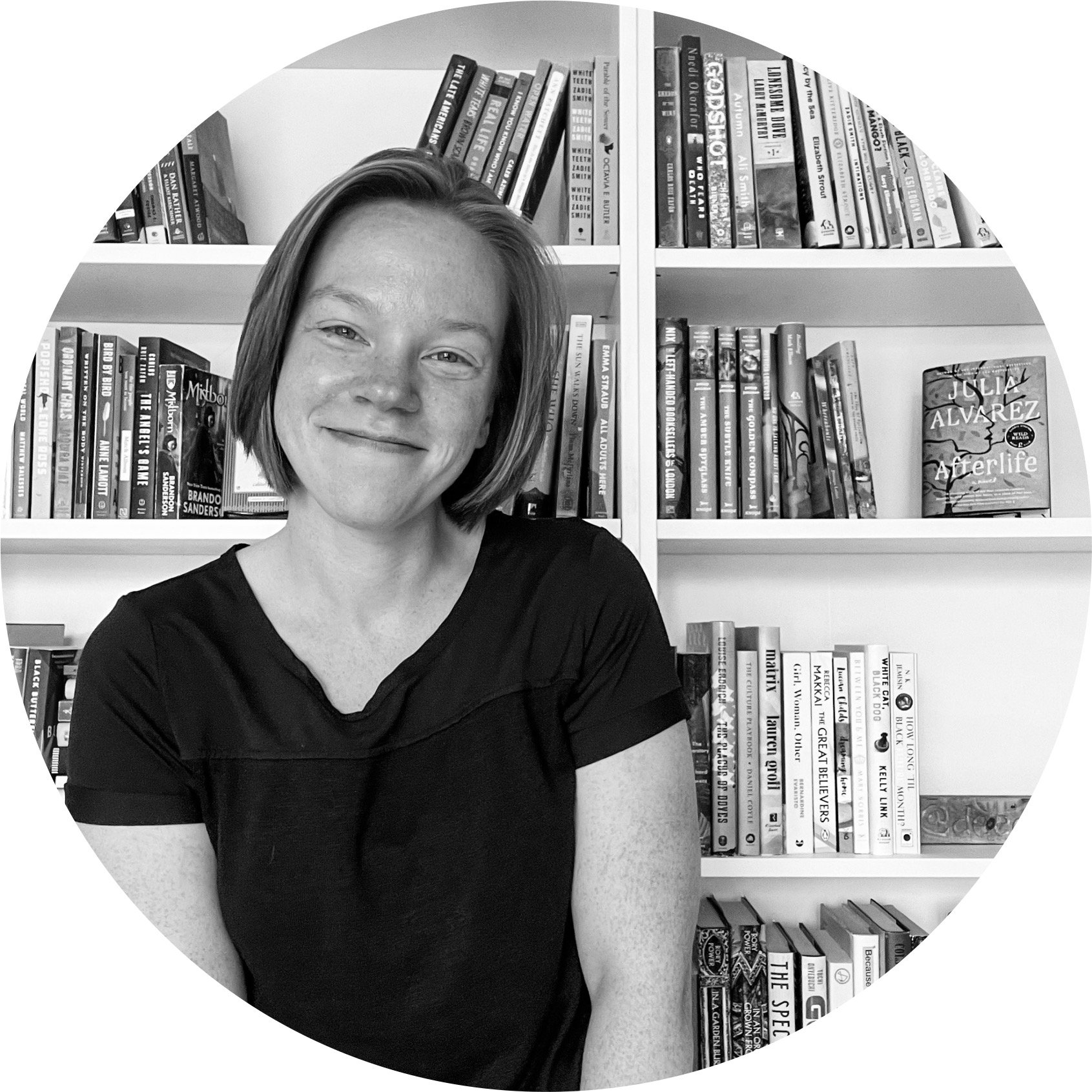The In-Betweens
“They believed they would live forever.” So begins Mira Ptacin’s haunting account of the women of Camp Etna — an otherworldly community in the woods of Maine that has, since 1876, played host to generations of Spiritualists and mediums dedicated to preserving the links between the mortal realm and the afterlife. Beginning her narrative in 1848 with two sisters who claimed they could speak to the dead, Ptacin reveals how Spiritualism first blossomed into a national practice during the Civil War, yet continues — even thrives — to this very day. Immersing herself in this community and its practices—from ghost hunting to releasing trapped spirits to water witching — Ptacin sheds new light on our ongoing struggle with faith, uncertainty, and mortality. Blending memoir, ethnography, and investigative reportage, The In-Betweens offers a vital portrait of Camp Etna and its enduring hold on a modern culture that remains as starved for a deeper sense of connection and otherworldliness as ever.
Author: Mira Ptacin | Publisher: Liveright
Rating: 4.25/5
First, I must extend a huge thank-you to Mira Ptacin and Liveright for sending me an advanced reading copy of this book. It will be published October 29, 2019 (and you should preorder it — visual evidence on Instagram shows that the cover is going to GLOW IN THE DARK, Y’ALL).
The In-Betweens is a fascinating, journalistic look into a world that quietly exists right under all of our noses (or, at least, that’s true for me). To write the book, Ptacin spent a summer visiting Camp Etna, a place in the heart of Maine that’s pivotal to the history of Spiritualism — a fully legitimate religion that believes, primarily, that our spirits exist after death and that we can continue to communicate with them. A few decades ago, Camp Etna swelled with unbelievable numbers of visitors every summer. Today, we’re in the ebb of the religion’s ebb and flow, and not many people practice or even know about Spiritualism.
Through Ptacin’s eyes, we get to meet many of the people who run and / or live at Camp Etna: mediums, psychics, those who belong to a Spiritualist church, those who do not. She does an amazing job of giving us the information that makes them human, individual, interesting, knowable. There is an incredibly old woman who hates seemingly everyone and everything, and yet she’s incredibly endearing (and hilariously sweary-mouthed). There is a small, energetic woman who has taken it upon herself to chronicle the camp’s history through artifact recovery. There’s a woman and her husband who specialize in helping spirits pass on after death, and they take Ptacin under their wing, warmly walking her through their world without judgment or question. And it goes on.
We also get interludes into the surprisingly rich American history of Spiritualism, from the suffragists to Harry Houdini to the present day. This is, I think, the most surprising part — there was a time when Spiritualism raged in the United States, with politics and court cases and celebrity. A time, not that long ago, when Spiritualism wasn’t unknown.
Throughout the book, Ptacin narrates though a set of clear, unbiased eyes, even as she gives us sight lines into her own feelings and experiences. She doesn’t approach it as a believer or as a skeptic; she is simply a kind and interested asker of questions, trier of new things, a person in the world. A willing participant with an open mind and an eye for detail.
I myself am probably less open-minded than I would like to think I am. So on the one hand, my brain is telling me that mediumship cannot possibly be real. But also … why not? Truly, if all things are energy, and energy cannot be destroyed (#science), then why must it be impossible to communicate after death? Are we so vain to believe that we have discovered all the ~science~ there is to discover about ourselves and about how the universe works and about death itself?
Now, knowing that there’s such a rich history and close-knit community centered on this possibility, I find myself slightly more open to the possibilities. I think I’m going to be pondering this one a lot in the weeks to come. (And isn’t that why we read books?)


